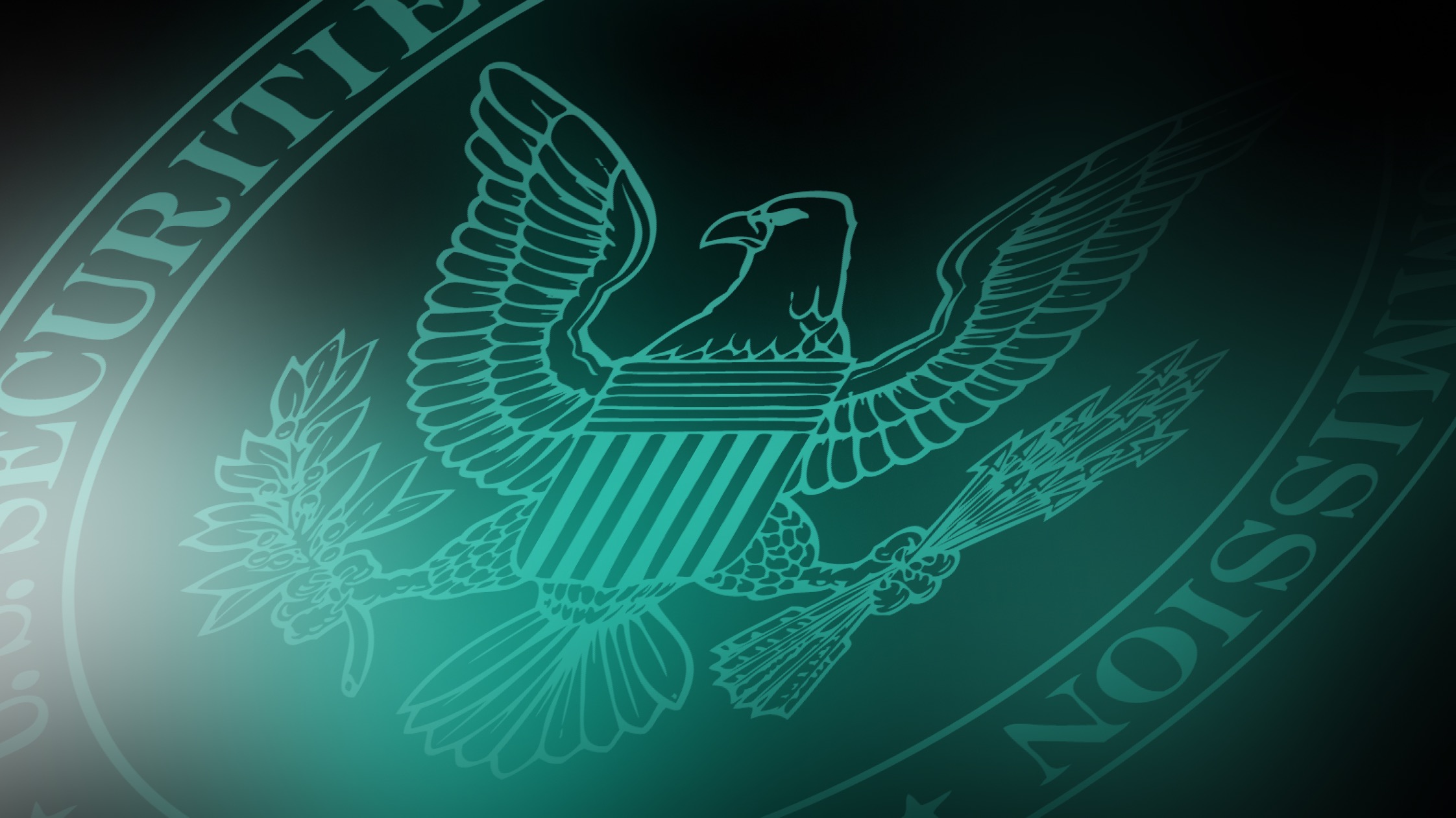
TL;DR
-
Crypto markets decline as higher-than-expected U.S. inflation data raises concerns over monetary policy, dragging total market cap down 5% to $2.84 trillion.
-
GameStop announces a $1.3 billion note offering aimed at acquiring bitcoin as a treasury reserve asset, following a similar strategy to MSTR.
-
SEC dismisses enforcement actions against Kraken, Consensys, and Cumberland DRW, signaling a shift toward more constructive regulatory engagement.
-
Custodia Bank and Vantage Bank launch Avit stablecoin, the first bank-issued stablecoin backed by tokenized customer deposits on the Ethereum blockchain.
-
BlackRock expands its Bitcoin investment products to Europe with the launch of a Swiss-domiciled Bitcoin ETP listed across Paris, Amsterdam, and Frankfurt.

BlackRock Expands Bitcoin Investments to Europe with Swiss-Domiciled ETP
BlackRock, the world’s largest asset manager, has expanded its cryptocurrency offerings into Europe with the launch of its first Bitcoin exchange-traded product (ETP). The new iShares Bitcoin ETP is domiciled in Switzerland and listed across multiple European markets, including Paris, Amsterdam, and Frankfurt. This marks BlackRock’s latest effort to capitalize on growing institutional demand for regulated crypto investment products outside the United States.
The European launch follows the success of BlackRock’s U.S. spot Bitcoin ETF, which has reportedly attracted over $50 billion in assets. By offering the iShares Bitcoin ETP, BlackRock aims to provide European investors with exposure to Bitcoin without requiring them to directly hold the underlying asset. The firm is also employing a competitive pricing strategy, featuring a temporary fee waiver of 10 basis points that lowers the expense ratio to 0.15% until the end of 2025—substantially undercutting the 0.25% fee charged by Europe’s leading crypto ETP, the CoinShares Physical Bitcoin ETP.
Meryem Habibi, Chief Revenue Officer of crypto payment gateway Bitpace, described BlackRock’s European launch as a pivotal moment for the industry. “With a keenness to mirror success in the US, this EU exchange-traded product will provide a regulated and accessible investment vehicle for Bitcoin,” Habibi said. She emphasized that BlackRock’s move signals increased confidence in Bitcoin as a mainstream investment and is likely to encourage broader institutional and retail participation across Europe.
Read more
Crypto Markets Decline as Hotter-Than-Expected Inflation Data Hits Sentiment
Cryptocurrency markets continued to slide on Friday, with global digital asset capitalization falling 5% to $2.84 trillion. The downturn followed the release of U.S. inflation data showing higher-than-anticipated numbers for the Federal Reserve’s preferred gauge, the Core Personal Consumer Price Index (PCE). February’s Core PCE rose 0.4% month-over-month, surpassing analysts’ forecast of 0.3%, while the annual figure hit 2.8%, narrowly beating the expected 2.7%.
The disappointing inflation figures have heightened concerns over the Federal Reserve’s monetary policy path, with crypto markets responding sharply to the data. Analysts noted that digital assets remain highly sensitive to macroeconomic developments, especially as the industry enters the second quarter. Historically, Bitcoin has shown resilience in Q2, often benefiting from improved sentiment and reduced correlation with traditional risk assets. However, analysts at Bitfinex warned that ongoing trade tensions and inflation fears could alter typical market behavior this year.
Despite the negative macro backdrop, some experts remain optimistic about Bitcoin’s longer-term outlook. Julio Mena, Chief Market Strategist at Digital Asset Insights, suggested in a comment that improving regulatory clarity and momentum around stablecoin legislation could provide a tailwind for the broader crypto market. Mena projected Bitcoin could nearly double by the end of 2025, citing potential catalysts like the U.S. government’s support for a Bitcoin reserve and increasing institutional interest. “A breakout above $90K, $95K, and $100K could open the door for a move past its all-time high of $108.5K, with a potential run toward $150K by year-end,” Mena said.
Read more
GameStop Plans $1.3 Billion Note Offering for Bitcoin Acquisition
GameStop is making a bold move into the digital asset space, announcing plans for a $1.3 billion private offering of convertible senior notes aimed at acquiring bitcoin. The proposed notes, which carry no interest payments and mature in 2030, will be exclusively available to institutional investors. Additionally, GameStop is providing these investors the option to purchase up to an additional $200 million in notes within 13 days of the initial sale.
The decision to adopt bitcoin as a treasury reserve asset comes as part of GameStop’s fourth-quarter earnings announcement on Tuesday, where the company reported a net income of $131.3 million and cash reserves of $4.75 billion as of February 1. By following a strategy similar to bitcoin treasury leader Strategy (MSTR), GameStop hopes to capitalize on the perceived long-term value of bitcoin despite ongoing market volatility.
This move marks GameStop’s most significant foray into crypto since the closure of its NFT marketplace in February 2024, which was shut down due to regulatory uncertainty. While the company’s stock surged more than 11% during Wednesday’s trading session, it fell 5.5% in after-hours trading, reflecting investor caution over the high-risk, high-reward nature of its bitcoin acquisition strategy.
Read more
SEC Drops Enforcement Actions Against Kraken, Consensys, and Cumberland DRW
The U.S. Securities and Exchange Commission (SEC) officially dismissed its enforcement actions against Kraken, Consensys, and Cumberland DRW on Thursday, marking another major shift in the agency’s regulatory approach under new leadership. According to the agency’s statements, the cases have been dismissed “with prejudice,” meaning they cannot be reopened or refiled in the future.
The SEC clarified that its decision to drop the cases was intended to facilitate broader efforts to reform and modernize its approach to crypto regulation. “The Commission's decision to seek dismissal of this Litigation does not necessarily reflect the Commission’s position on any other case,” the agency noted in its announcement. Kraken, Consensys, and Cumberland all welcomed the outcome, describing it as a step toward clearer and more constructive regulatory guidance.
Kraken’s case, originally filed in November 2023, involved allegations of operating as an unregistered trading platform. Consensys was sued in June 2024 for alleged securities violations related to its MetaMask staking service, while Cumberland DRW faced charges in October 2024 for unregistered dealer activity involving $2 billion in crypto transactions. With the SEC’s formal dismissal of these actions, industry stakeholders are cautiously optimistic that the agency’s evolving approach will lead to more coherent and business-friendly regulations.
Read more
Custodia Partners with Vantage to Launch First Bank-Issued Stablecoin
Wyoming-based Custodia Bank has partnered with Vantage Bank to launch what the firms describe as the “first bank-issued stablecoin” on a permissionless blockchain. The stablecoin, called Avit, is pegged to the U.S. dollar and backed by real dollar reserves held by the banks. This initiative marks a significant milestone for the digital asset industry, as it demonstrates the feasibility of issuing regulated stablecoins directly through the traditional banking system.
The test involved converting customer U.S. dollar deposits into Avit stablecoins, which were then issued, transferred, and redeemed on the Ethereum mainnet using the ERC-20 standard. Custodia and Vantage emphasized that the transactions were fully compliant with BSA, AML, and OFAC requirements. Unlike widely-used stablecoins like Tether’s USDT and Circle’s USDC, which are largely backed by cash equivalents, Avit is issued by regulated banks and directly backed by fiat reserves.
Custodia CEO Caitlin Long hailed the project as a regulatory breakthrough, proving that U.S. banks can tokenize demand deposits on a permissionless blockchain in a compliant manner. “Custodia looks forward to the reversal of U.S. regulatory obstacles that have stymied stablecoin innovation in recent years,” Long said. Custodia, which operates as a Special Purpose Depository Institution (SPDI), continues to seek approval for a Federal Reserve master account to gain direct access to the U.S. payment systems—a process that remains ongoing.
Read more





.jpg)




















